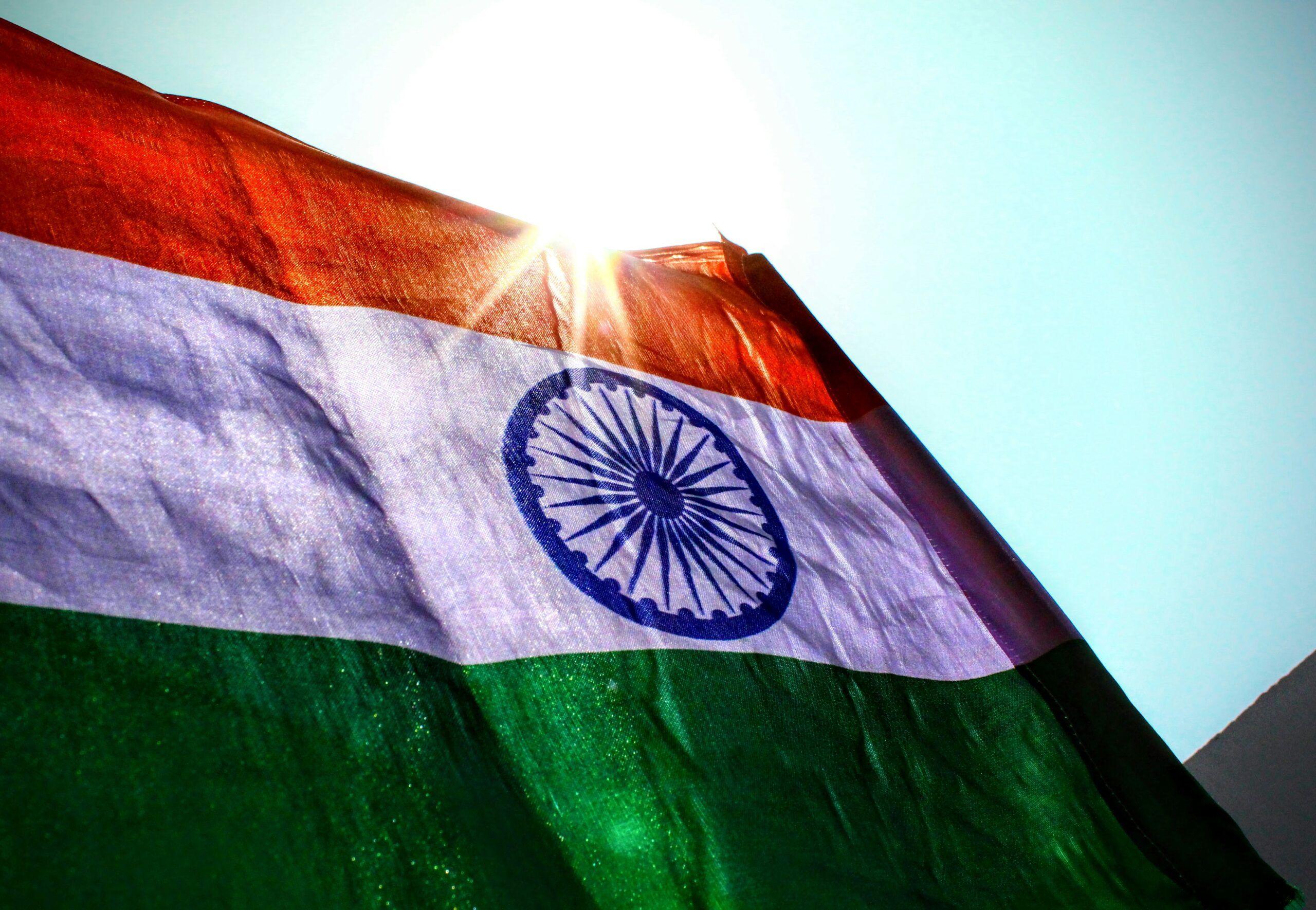
Donald Trump Tariffs Pushes India and Great Britain into a Landmark Trade Agreement
In the days since President Trump announced he would be hitting all imports into the United States, countries around the world have been talking with each other regarding free trade deals. As a result of the fallout over Trump’s tariffs, India and Great Britain yesterday sealed a historic multi-billion-pound trade deal. The trade deal will significantly slash Indian tariffs on key products such as medical devices, whisky and cosmetics and will lock in reductions on 90% of tariff lines on UK exports to India, with 85% of these exports becoming fully tariff-free within 10 years.
Prime Minister Keir Starmer announced that this is the United Kingdom’s biggest agreement since Brexit, whilst his counterpart Prime Minister Narendra Modi said this is the first deal of its kind with a European economy. This agreement is the culmination of three years of talks under four British prime ministers and was certainly helped over the line by President Trump and his protectionist policies. Experts advise that the two prime ministers are both seeking to to build barriers or insulate them against the Trump tariffs, whilst at the same time looking for favourable deals with the United States.
Experts suggest that this agreement between India and the UK has huge potential for the future, especially in the alcohol sector where, for example, data released shows both Diageo and Pernod enjoy 12% of their revenue from India. The trade deal agreement shows that tariffs on whisky and gin will be reduced by 50% to 75% before being reduced to 40% by the 10th year, whilst in the automotive sector, tariffs will be reduced to 10% – under quota – from 100% over that period. Interestingly, part of the deal exempts Indian nationals working for less than three years in the UK from insurance payments.
Members of the main opposition conservative party immediately jumped on the national insurance agreement, saying the Prime Minister once again has put British workers last, having hiked national insurance payments on them whilst exempting Indian nationals. One member of the conservative party was heard to say, “Every time Labour negotiates, Britain loses”. Labour countered by saying that the tax break goes both ways and there would be no double taxation on Britons temporarily working in India, adding that this was just an extension of current agreements already in place with other countries.
India on the other hand, according to individuals close to the negotiations, has won reductions on circa 99% of tariff lines for goods exported to the United Kingdom. India according to the same individuals has also secured an agreement for access to services including Information Technology and have also secured recourse against those exports impacted by Europe’s carbon emission rules. Both India and the UK still have to iron out legalities before the agreement can be ratified through domestic ratification processes. Experts suggest the trade pact will take up to 12 months for the deal to come into effect.
According to analysts, the India/UK trade deal should in the long run increase bilateral trade by £25.5 Billion, UK GDP by £4.8 Billion and wages by £2.2 Billion. Furthermore, businesses in the United Kingdom will be able to enjoy a competitive edge over their international competition when entering the Indian market which is forecasted to be the world’s third largest by 2028. Analysts also suggest that, based on figures from 2022, India will be cutting tariffs by £400 Million when the deal comes into force which after 10 years will more than double to circa £900 Million. Whilst this is good news all round for importers and exporters alike, the reality is that the United Kingdom has to secure a decent trade deal with Donald Trump and if not, they will have to secure a similar pact with the EU (European Union) and other countries. However, the spectre of tariffs may push countries into trade deals that before they would not have contemplated.
You may also like
- A Brief Summary of the UK Economy under the Current Labour Government
- Outlook for Global Currencies 2026
- What are the Consequences of a United States Invasion and Takeover of Greenland?
- Digital Markets at Odds Over the Future of Bitcoin in 2026
- The Bank of Japan Raises Interest Rates to Their Highest Level in 30 Years

Other facilities
IntaCapital Switzerland | Copyright © 2025 | All Rights Reserved